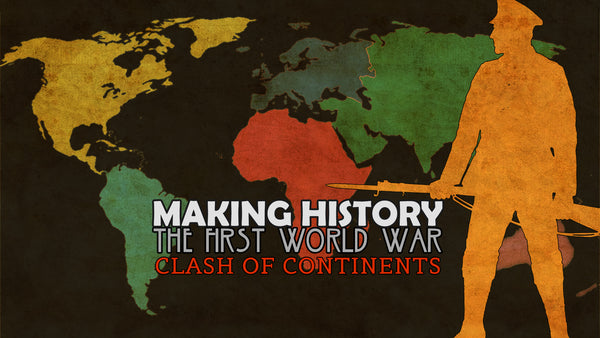

Britain also established governments in exile in London to rally support in occupied Europe for the Allied effort. The Empire funded and delivered needed supplies by Arctic convoys to the USSR, and supported Free French forces to recapture French Equatorial Africa.

Following engagements with Axis forces, British Empire troops occupied Libya, Italian Somaliland, Eritrea, Ethiopia, Iran and Iraq.

British forces destroyed Italian armies in North and East Africa and occupied overseas colonies of occupied European nations. They fought the German, Italian, Japanese and Vichy armies, air forces and navies across Europe, Africa, Asia, the Middle East, India, the Mediterranean and in the Atlantic, Indian, Pacific and Arctic Oceans. From 1938 to mid-1942, the British coordinated the Allied effort in all global theatres. In 1938 Britain was a global superpower, with political and economic control of a quarter of the world's population, industry and resources, in addition to its close allies in the independent Dominion nations (such as Canada and South Africa). Germany's military production was tied to resources outside its area of control, a dynamic not found amongst the Allies. Political demands necessitated the expansion of Germany's control of natural and human resources, industrial capacity and farmland beyond its borders. However, access to (and control of) the resources and production capacity required to entertain long-term goals (such as European control, German territorial expansion and the destruction of the USSR) were limited. Germany's economic, scientific, research, and industrial capabilities were one of the most technically advanced in the world at the time, supporting a rapidly growing, innovative military.


 0 kommentar(er)
0 kommentar(er)
